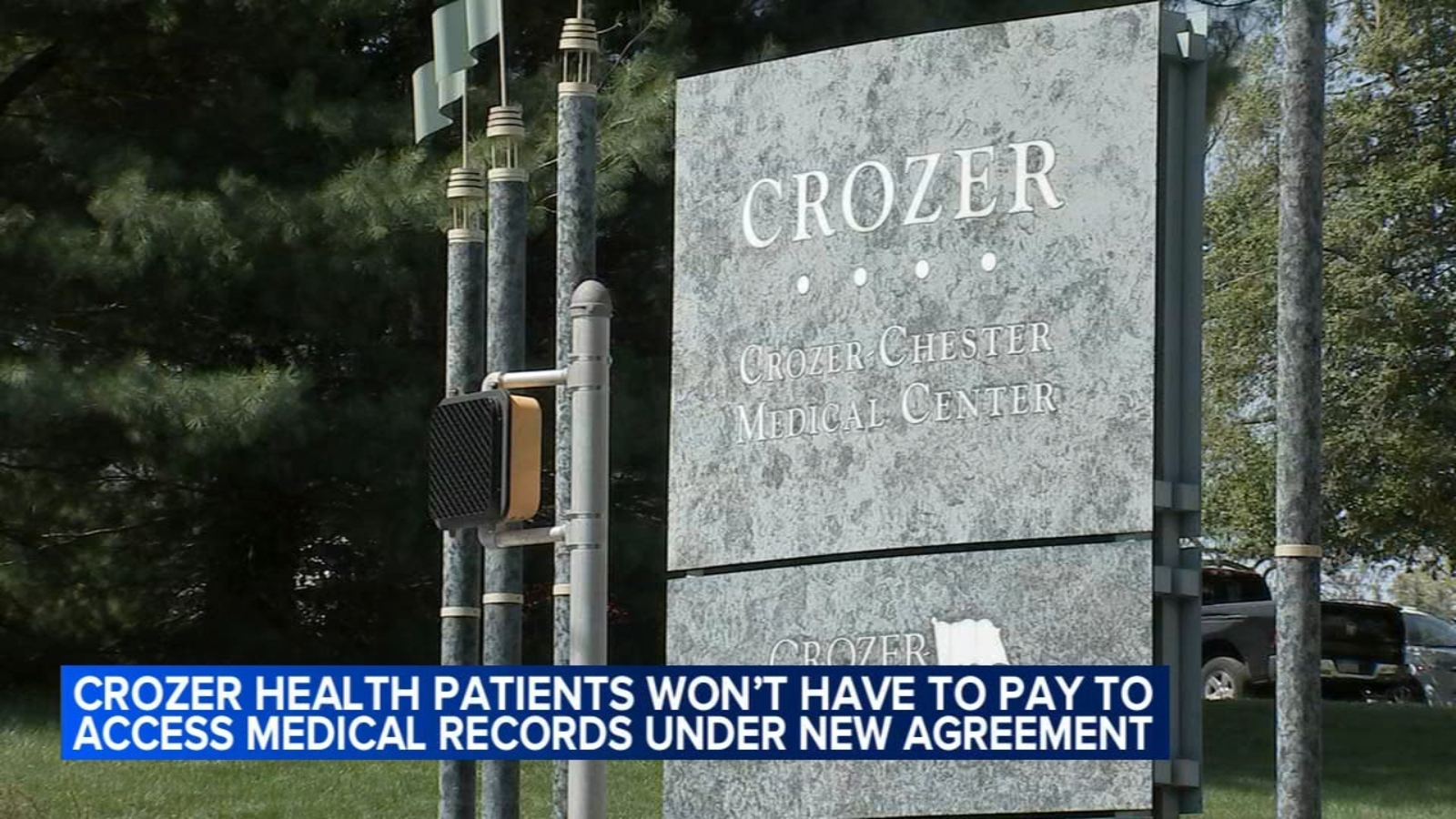Is Your Daily Coffee Habit Putting You at Risk? 8 Groups Who Should Consider Cutting Back

Coffee. It's the fuel that powers millions of Canadians each day. That morning cup, the afternoon pick-me-up – it's become an ingrained part of our culture. But while coffee offers a tempting energy boost and a pleasant aroma, it's not a universally beneficial beverage. For some, the risks associated with caffeine consumption outweigh the rewards.
Before you reach for that next latte, it's crucial to understand who should be more cautious about their coffee intake. This guide will explore eight types of people who might want to reconsider their coffee habit, outlining potential health risks and offering alternatives to stay energized.
1. Those with Caffeine Sensitivity
Some individuals are simply more sensitive to caffeine's effects. Even a small amount can trigger jitters, anxiety, insomnia, and digestive issues. If you experience these symptoms after drinking coffee, it's a clear sign to reduce or eliminate it from your diet.
2. Individuals with Anxiety Disorders
Caffeine is a stimulant, and stimulants can exacerbate anxiety symptoms. If you struggle with anxiety, panic attacks, or generalized anxiety disorder, coffee can worsen these conditions. Consider decaffeinated alternatives or herbal teas instead.
3. People with Heart Conditions
While moderate coffee consumption has been linked to some heart health benefits in certain populations, it can still raise blood pressure and heart rate. Individuals with pre-existing heart conditions, such as arrhythmias or high blood pressure, should consult their doctor about whether coffee is safe for them.
4. Those with Sleep Problems
Caffeine disrupts sleep patterns, making it harder to fall asleep and stay asleep. Even drinking coffee in the afternoon can interfere with your sleep quality. If you have insomnia or struggle to sleep, cutting back on coffee is a smart move.
5. Pregnant and Breastfeeding Women
Pregnant women are advised to limit their caffeine intake due to potential risks to the developing fetus. Caffeine can also pass into breast milk and affect a baby's sleep and behavior. Consult your doctor for personalized advice.
6. People with Digestive Issues
Coffee can stimulate the production of stomach acid, which can worsen heartburn, acid reflux, and other digestive problems. If you experience these issues, try switching to a lower-acid coffee or eliminating it altogether.
7. Individuals Taking Certain Medications
Caffeine can interact with certain medications, potentially increasing their effects or reducing their effectiveness. Talk to your doctor or pharmacist to see if coffee could interfere with any medications you’re taking.
8. Those with GERD (Gastroesophageal Reflux Disease)
Coffee, due to its acidity and caffeine content, can relax the lower esophageal sphincter, allowing stomach acid to flow back into the esophagus. This can significantly worsen GERD symptoms like heartburn and regurgitation. A caffeine-free alternative is highly recommended.
Beyond the Cup: Alternatives for an Energy Boost
If you're looking to reduce your coffee intake, there are plenty of healthy alternatives to consider:
- Green Tea: Offers a gentler caffeine boost along with antioxidants.
- Herbal Teas: Chamomile, peppermint, and ginger teas can provide calming and energizing effects.
- Hydration: Sometimes, fatigue is simply a sign of dehydration.
- Healthy Snacks: Fuel your body with nutritious foods like fruits, vegetables, and nuts.
- Regular Exercise: Physical activity can boost energy levels and improve overall well-being.
Disclaimer: This article is for informational purposes only and should not be considered medical advice. Always consult with a healthcare professional before making any changes to your diet or lifestyle.






